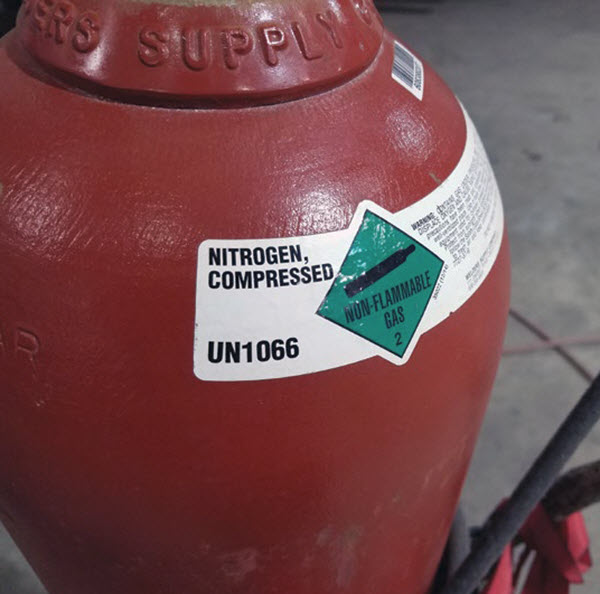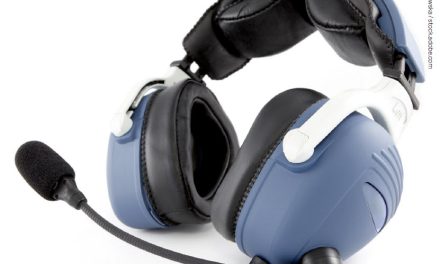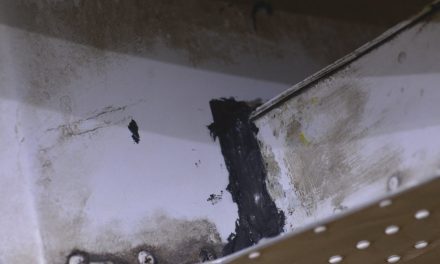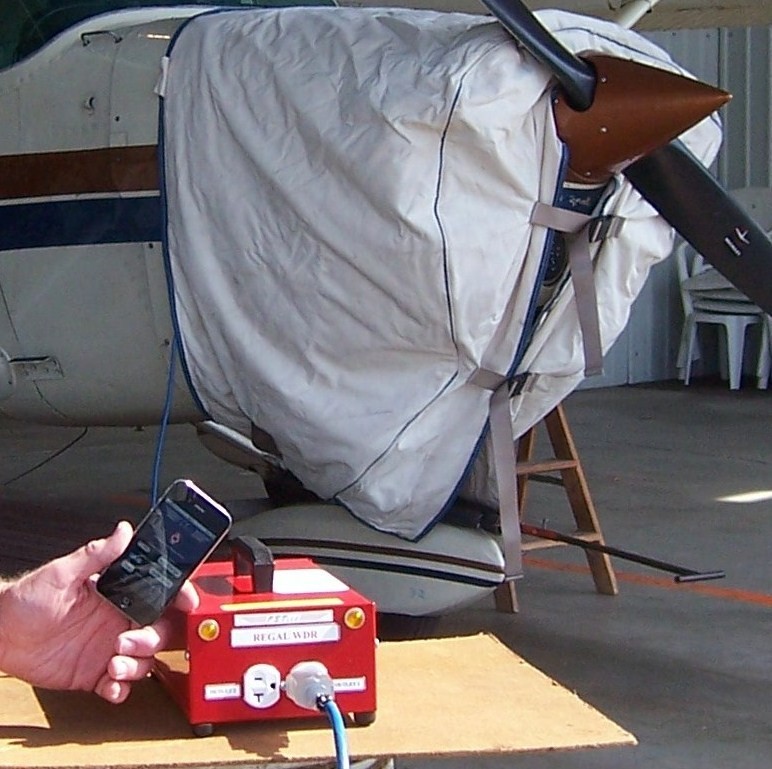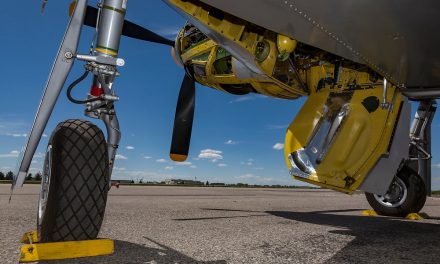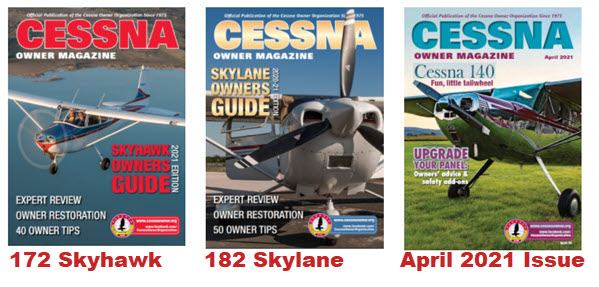By Erich Rempert
A&P/IA Consultant
All of us have pulled into a gas station and filled up a low tire using the “Free Air,” but have we ever considered the possibility that there may be a better alternative? We often scrutinize which oil we put into our engines, and if we use additives, which ones. Shouldn’t we also question what we put into our tires?
The answer is yes, we should – especially when it comes to our airplanes! Though regular shop air does the job and is always acceptable in a pinch, dry nitrogen should be your gas of choice whenever possible.
Nitrogen is an inert gas and is less affected by temperature than compressed air. So if you fill your tires to spec in your 40-degree hangar in Wisconsin and then fly to south Florida, the pressure will be much more stable throughout the flight and you won’t end up with over-inflated tires when you arrive at your destination.
Of course, the same holds true – in reverse – on your return flight. The nitrogen molecule is also larger than many of the molecules of the gasses that make up our atmosphere.
This is important because many of the tubes in our aircrafts’ tires are made of natural rubber, which is quite porous and allows gasses to literally leak through the rubber! The bigger the molecules, the slower the leak rate over time.
Are you constantly filling your tires due to very slow leaks?
Additionally, dry nitrogen is just that – dry. If you’re using an air compressor on a muggy day, moisture will accumulate in the tank as the compressor takes in the humid air. This moist, compressed air is then discharged though the air line and into your tire, where it can freeze at altitude and cause balance issues or, God forbid, damage to your struts! I have personally witnessed struts with internal rust caused by trapped moisture, and it was all due to the use of shop air instead of nitrogen. Not only will this ruin seals, but it also creates a dangerous mix of hydraulic fluid and oxygen under pressure.
If you don’t like paying for nitrogen, get a large air tank and pay to have it filled up. It will last for multiple fill-ups and is well worth the fee. Also note that most shops will give it to you if you are a regular customer.
The discussion wasn’t done yet. Join in the (spirited) conversation here.

